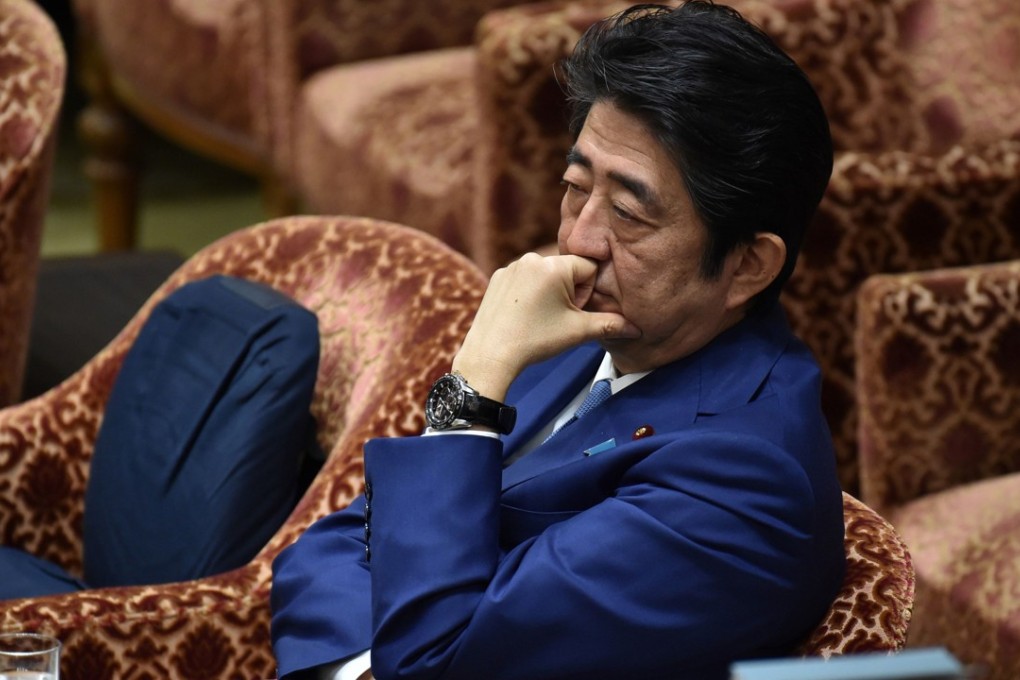Japan fails to get to grips with North Korean challenge
Kevin Rafferty says Shinzo Abe’s call for Japan, South Korea and the US to work together has little chance of success with Donald Trump leading Washington. And leaving out China, whose support is essential, dooms any plan

Potentially Earth-endangering volcanoes are bubbling dangerously: Pyongyang’s truculent nuclear weapons quest and threats to reduce the US to ashes; China’s rise with memories of centuries of humiliation by the West and Japan, which could easily lead to a modern Thucydides’ trap; war and misery without end in the Middle East; the halting steps to reduce greenhouse gases that will suffocate the world; and Trump’s daily tweeting tantrums that set friends and foes on edge, and make both worry who can trust America.
Trump’ comedy of errors does little for US leadership role
Trump is principally to blame. But the G20 together showed a failure of global understanding, let alone leadership. We should be concerned that the world is becoming increasingly dangerous because of a surfeit of wishful and woolly thinking mixed with a toxic growth of nationalism.
Watch: North Korea threatens Guam and mocks Donald Trump’s warning
America first is America alone: US President Donald Trump becomes an increasingly isolated figure on world stage
The theme of the G20 was supposed to be “shape an interconnected world” – fat chance. Before the meeting, the two hot issues were the dangers posed by North Korea, and climate change. The G19 – the 20 minus the US – reasserted their commitment to the Paris climate change agreement. The final communiqué did not mention North Korea.